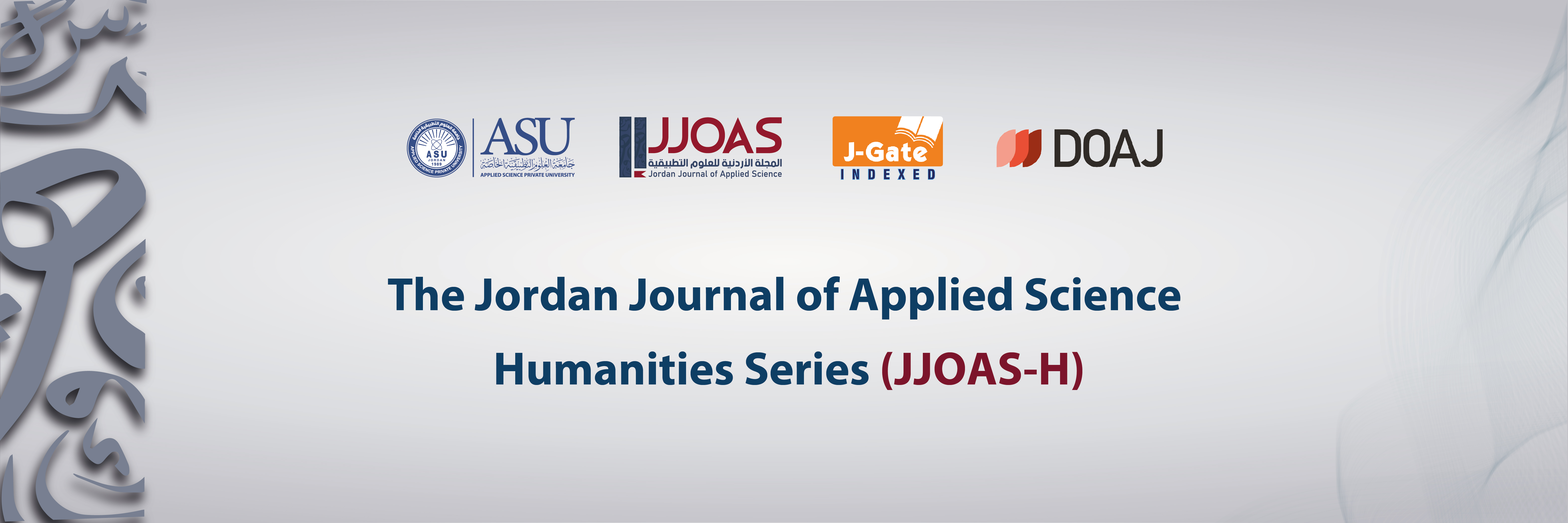
DOI
https://doi.org/10.35192/jjoas-h.v36i2.510
Abstract
According to some studies, the feminization of poverty has become a common trend in Islamic societies, with rates exceeding 70%. This situation directly contradicts the essence of Sharia, which provides women with thirty sources of income and ensures their financial independence and care in all circumstances. If a woman is wealthy, Sharia safeguards her wealth and grants her the freedom to spend it as she wishes. In the Muslim community, a breadwinner is typically responsible for meeting her needs, protecting her honor, and providing food, drink, clothing, and housing according to his ability. In the absence of a breadwinner, Allah (SWT) allows for various channels through which financial support can be extended to her, preventing her from resorting to begging. However, current observations suggest a different reality; although the Muslim woman is dignified, her life should be sustained without having to beg for sustenance. What are these income sources? What evidence supports them in the Qur’an, Sunnah, and the doctrines of jurists? Why do we observe a partial or complete absence of these sources in some societies? Understanding the obstacles in accessing these sources requires further research.
Recommended Citation
Al-Samman, Abdulfattah
(2023)
"Sources of Income for Women in Islam,"
Jordan Journal of Applied Science-Humanities Series: Vol. 36:
Iss.
2, Article 7.
DOI: https://doi.org/10.35192/jjoas-h.v36i2.510
Available at:
https://digitalcommons.aaru.edu.jo/jjoas-h/vol36/iss2/7
Included in
© 2023 by the author(s). This is an open-access article distributed under the terms of the CC BY 4.0 Attribution license.

